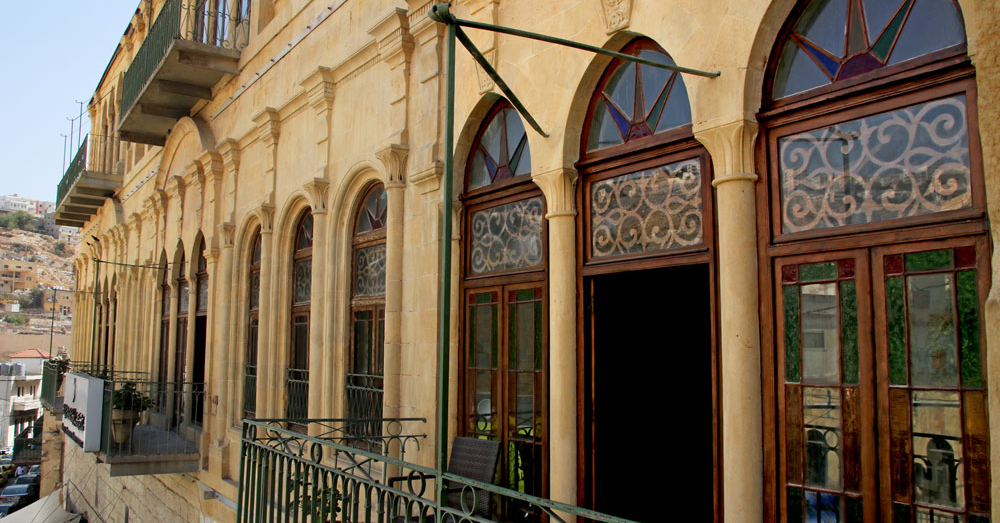

Located in the heart of Al Salt, Abu Jaber House is a historic gem that has played a significant role in the rich tapestry of Jordan's history. This traditional limestone mansion, built in the late 19th century, was the residence of the prominent Abu Jaber family, known for their influential status in trade and social affairs of the time. The house is a testament to the wealth and craftsmanship that flourished in Al Salt during that period.
The mansion's architecture is a beautiful example of a blend of local and European influences that were common among the affluent structures in the region during the Ottoman Empire. It boasts intricate carvings, Italianate balconies, and a grand central courtyard that showcases the opulent lifestyle of its previous inhabitants. The preservation of this grand structure has allowed for a rare insight into the history and lives of the people in Al Salt.
Al Salt has long been a hub of harmony and diversity, often called the "City of Tolerance." Its history with tourism dates back to when it served as an important trading link between the eastern desert and the west, welcoming merchants and travelers alike. With the rise of interest in cultural and historical travel, Al Salt has seen a resurgence in tourism, with Abu Jaber House becoming one of the definitive stops for cultural enthusiasts.
Beyond its significance as a historical monument, Abu Jaber House has been converted into the Historical Old Salt Museum, which chronicles the history of the city and the region. The museum offers a rich display of photographs, artifacts, and exhibits that depict the local culture, commerce, architecture, and day-to-job lives of the people of Al Salt through different eras.
The trend in tourism in Al Salt is increasingly moving towards sustainable and responsible travel, with visitors seeking authentic experiences that conserve the cultural heritage. The city has been actively involved in reviving its historical quarters. Eco-friendly lodging and local guided tours are becoming more popular, offering deeper engagement with the local community and its heritage.
Initiatives like the Al Salt Archaeological Conservation project have been instrumental in revitalizing the area. In recent years, Al Salt was also recognized by UNESCO, which designated it as a "Place of Tolerance and Urban Hospitality," further cementing its appeal as a travel destination imbued with deep cultural significance.
Those visiting the Abu Jaber House will find that it offers more than a glimpse into the past; it is a celebration of the living history of Al Salt as a vibrant community. It remains open to the public, with the best hours to visit being early morning and late afternoon to avoid the peak sun hours. Tours are usually self-guided, but guides can be arranged in advance.